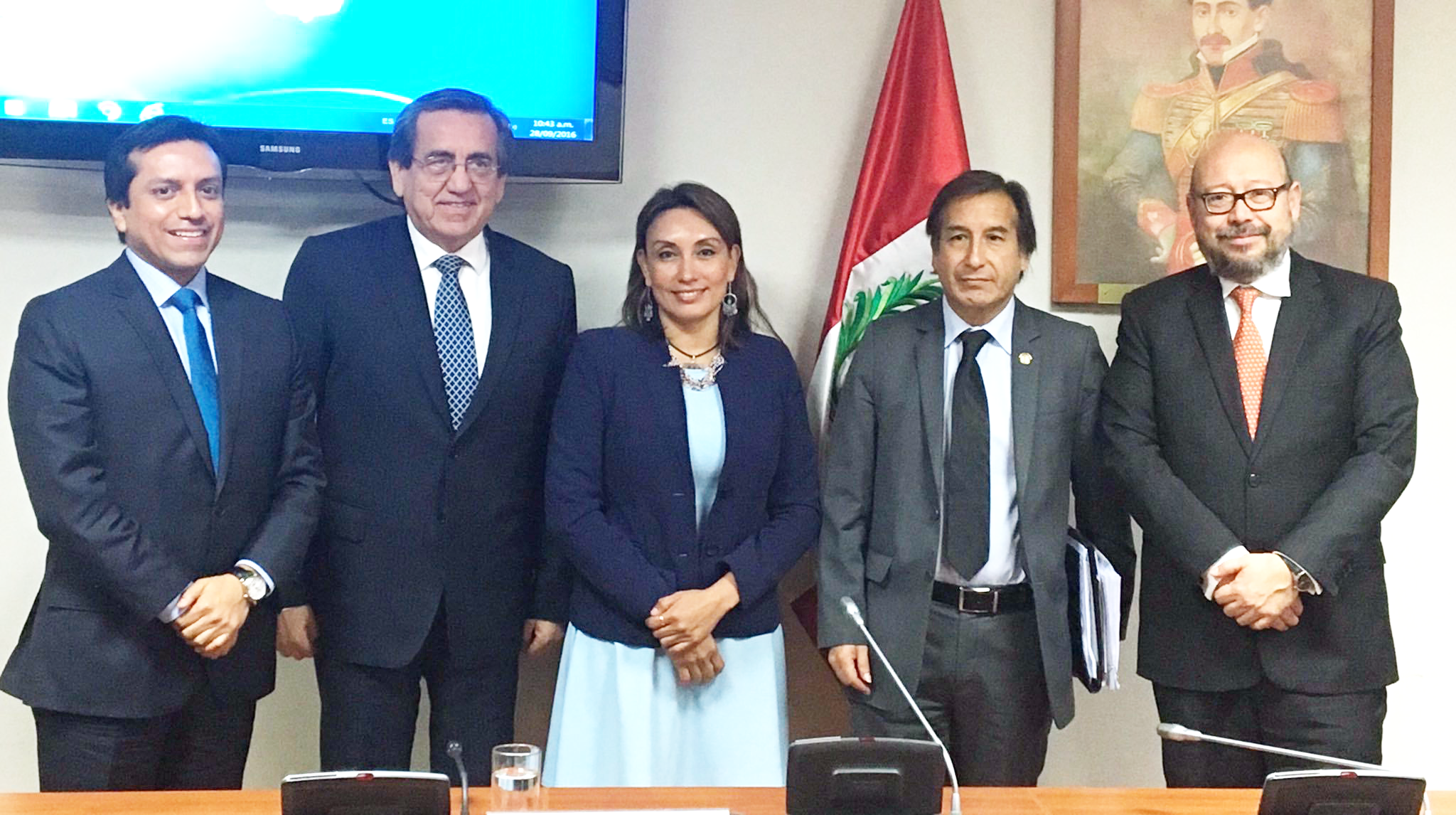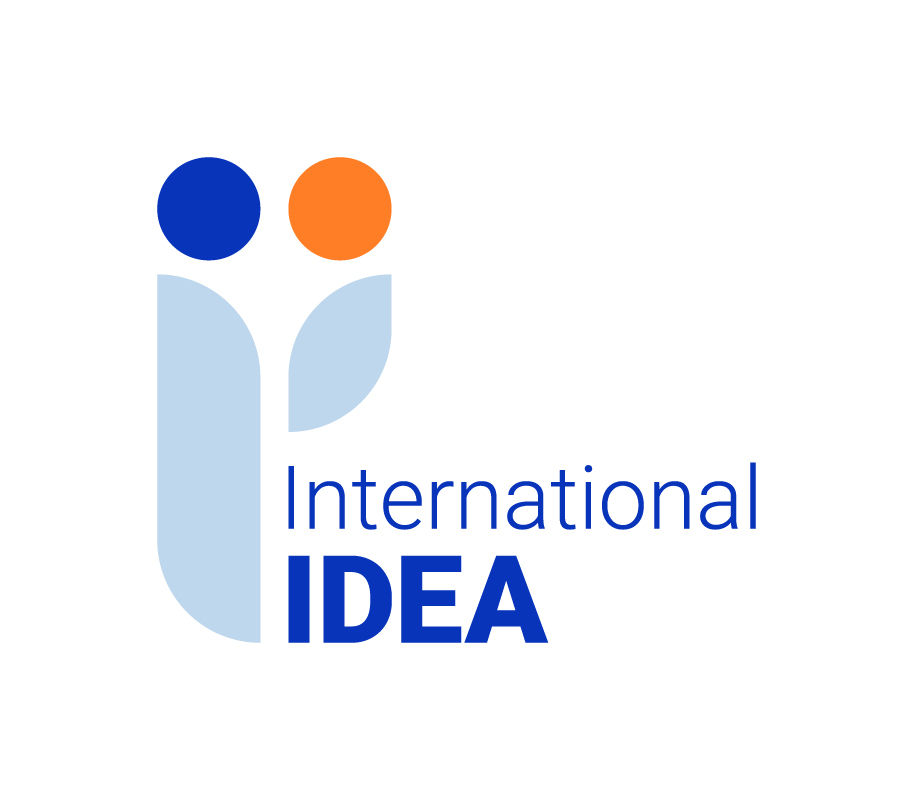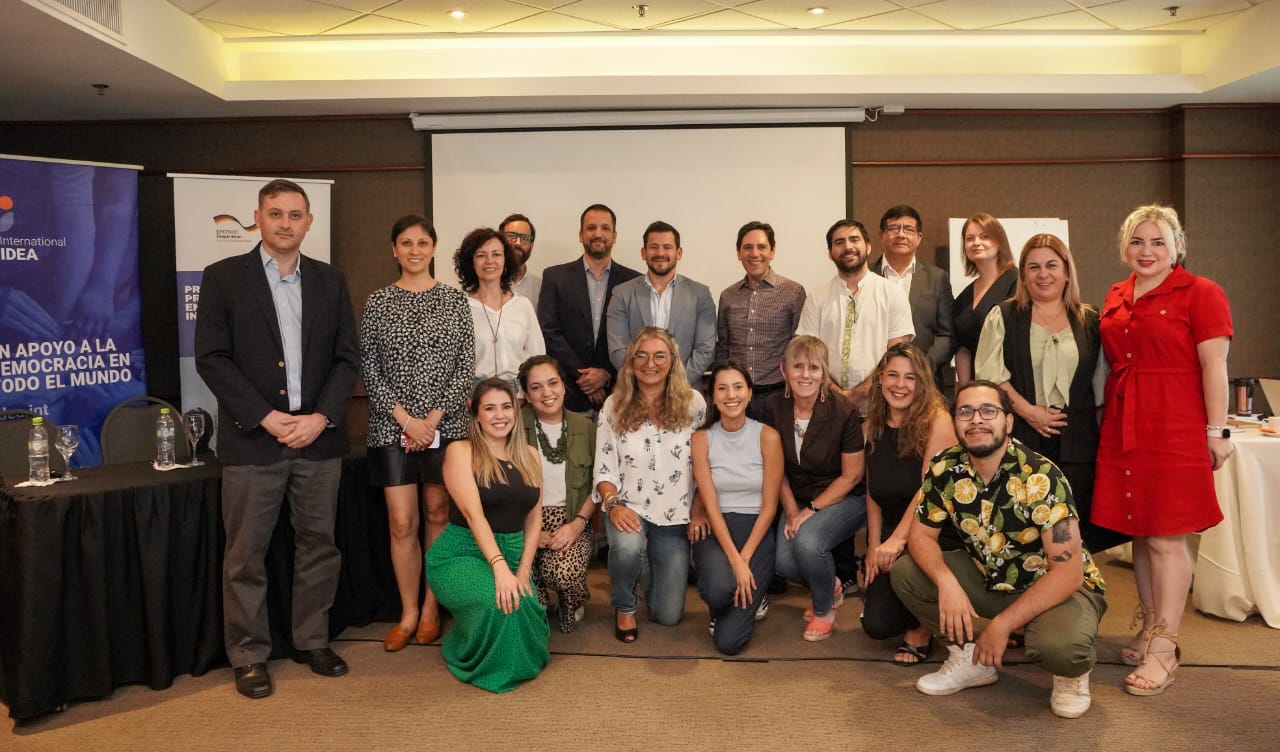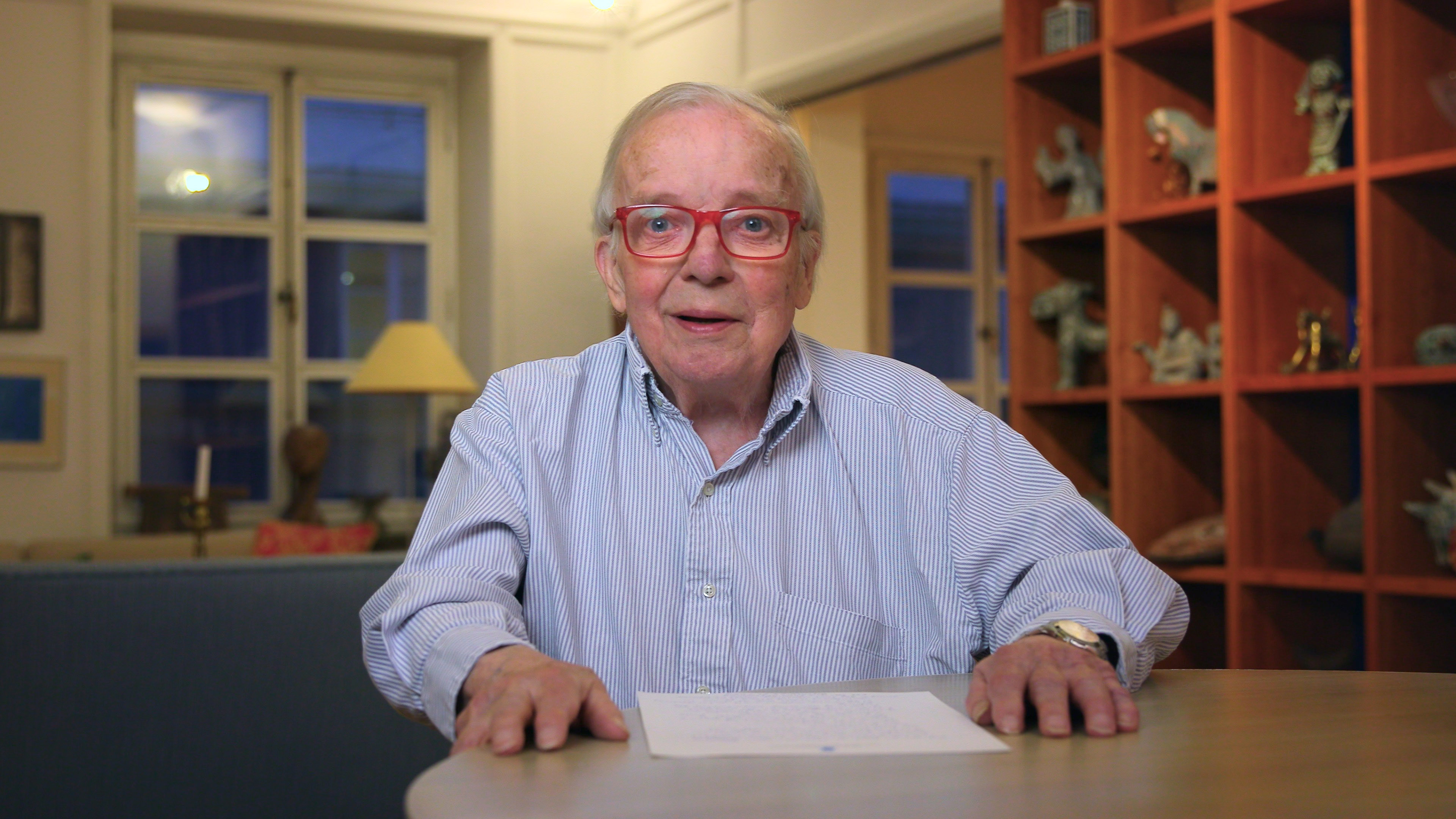International IDEA provides key support to Electoral Reform Working Group in Peru

The Congress of the Republic of Peru is laying the ground for a comprehensive electoral reform process, a major step forward for the country’s democracy and citizens. For the past months, International IDEA has been participating in the debate taking place under the Constitutional Committee, including by providing technical assistance through a team of experts, who helped develop the reform proposals that later became a draft Electoral Bill.
Este artículo se encuentra disponible en castellano.
The Congress of the Republic of Peru has initiated a debate for a comprehensive electoral reform, a major step forward for the country’s democracy and its citizens. A comprehensive electoral reform has been a topic on the national agenda for many years. Several civil society organizations and the electoral bodies have sought to bring about changes over the past 15 years. However, the recent presidential elections, which exposed major gaps and contradictions within the legal framework as a result of partial reforms with unclear objectives, has underscored the need for a comprehensive electoral reform.
International IDEA has been contributing to the Working Group for the Electoral Reform (GTRE, for its Spanish acronym), which was formed to garner the recommendations of experts, organizations, electoral bodies and electoral observation missions. Under this initiative, International IDEA has provided technical assistance, which has translated into a draft Electoral Bill.
As one of the first steps towards the reform process, multi-party consensus was reached on the different aspects of the reform. First, the need for a unified and coherent electoral code was underlined. In addition, the members of the GTRE have emphasized the need for a reasonable timeframe for registering political parties and making decisions on their eligibility.
In the past few months, the consultations have addressed the following fundamental topics:
- Reforms related to political financing, with a focus on preventing the infiltration of illegal sources of funding into politics;
- Mechanisms to enhance transparency and democracy in political parties’ internal processes for the selection of candidates;
- Provisions for enabling the oversight of public and private political financing;
- The implementation of gradual and effective sanctions;
- The definition of prohibitions for candidates.
Throughout its work, the GTRE has sought to include considerations regarding female political participation, including gender parity and electoral list alternation.
International IDEA has been an active participant in this debate, collaborating with the generation of spaces for dialogue, sharing experiences and comparative information and providing specialized technical assistance to the working group entrusted with this important task.



